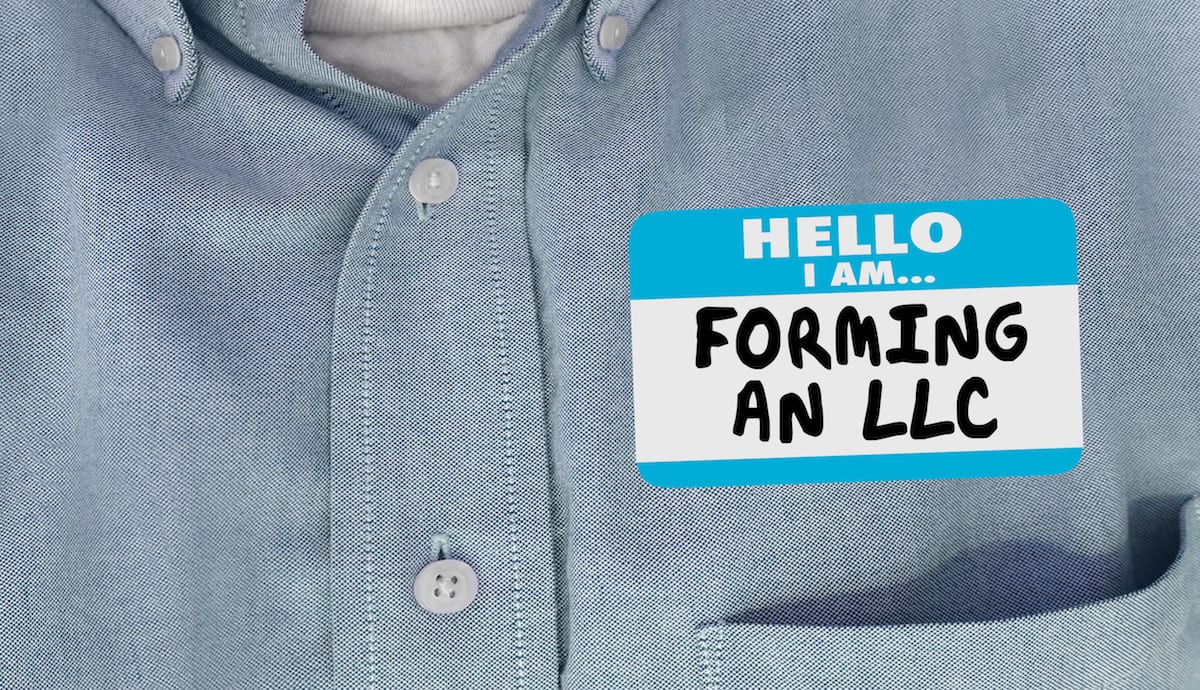By Meredith Karter
I’ve been a freelance writer and designer for three years, working for a variety of clients and also managing a few sites of my own. The flexibility this has given me has changed my life. I also love being able to choose the projects I work on, and knowing that if I work hard, I am the one that benefits.
I always considered this a pretty low-risk profession in terms of liability. But last year, a friend who works as a freelance journalist was sued for defamation over a story that she wrote for a news site. In the small print of the contract it said that as the writer she was responsible for any legal claims arising from the work, and that they indemnified the site against liability. After months of legal struggles and uncertainty, she ended up losing her home.
While this was an unusual and extreme case in the world of freelancing, it convinced me that it was time to protect myself, by establishing a limited liability company (LLC).
What is an LLC and how does it protect your assets?
An LLC is a distinct legal entity that can be formed for your work at a state level. It is the least complex business structure available, aside from sole proprietorships.
If you are freelancing without an LLC, or some other kind of business structure in place, the government treats your freelance work as an extension of you as an individual. As such, any liability, like that described above, that occurs through your work is incurred by you personally. This means that all of your personal assets, such as your home and car, whether owned individually or jointly, are ‘on the table’ to cover your liability.
By forming an LLC, the government no longer treats you as the owner of your business, and therefore liable for all its expenses. You become a member of the LLC, and as a member the government does not hold you personally responsible for the debts or legal liabilities of the business. This protects your personal assets.
Does this almost sounds too good to be true? Well, for your LLC to be effective and respected by the law, you do need to treat it as a separate entity by not mingling your business and personal finances. You should set up a separate bank account for your LLC, paying a wage or dividends into your own account. If not, a savvy lawyer might be able to circumvent your LLC protection, putting your personal assets back on the table.
Other Benefits of LLC
But besides protecting your personal assets, what are the other benefits of freelancing as an LLC?
Affordability
Forming an LLC is easy and affordable. You simply need to file your Articles of Organization (or equivalent) with your state government and pay a nominal fee. The cost varies from state to state, but is generally around the $100 mark.
Getting your Articles of Organization right when starting out is very important. This establishes how the company will be run and set up, and it is here that you establish the limit of your liability. Poorly worded Articles of Organization can leave you vulnerable, so it is a good idea to get legal advice when putting together your documentation.
Tax Flexibility
With an LLC, you can choose whether you want to pay all your taxes through your personal tax return or pay a corporation tax and then only pay tax on any income that your draw on your personal return. If you earn a significant amount, or provide the type of services that could benefit from corporate tax breaks, this offers excellent flexibility.
Of course, make sure you file your paperwork accurately and correctly or you can find yourself burned by the IRS down the line.
Credibility
When you register as an LLC, you get to come up with a cool name for your company. This, and the basic fact of your formation of an LLC, can give your work credibility and make you seem a bit more established. Depending on your area of work, this can be extremely useful when courting clients. I find that for design work, it is a major benefit to present myself as part of a company. However, for writing gigs, it can put clients off and I tend to downplay the company aspect in my pitches.
Get Started…
As a freelancer, setting up an LLC is one of the smartest things you can do to protect yourself both financially and legally. But it is important to make sure you don’t just treat it as paperwork, and that you manage your freelance business as separate and distinct from your personal finances.

